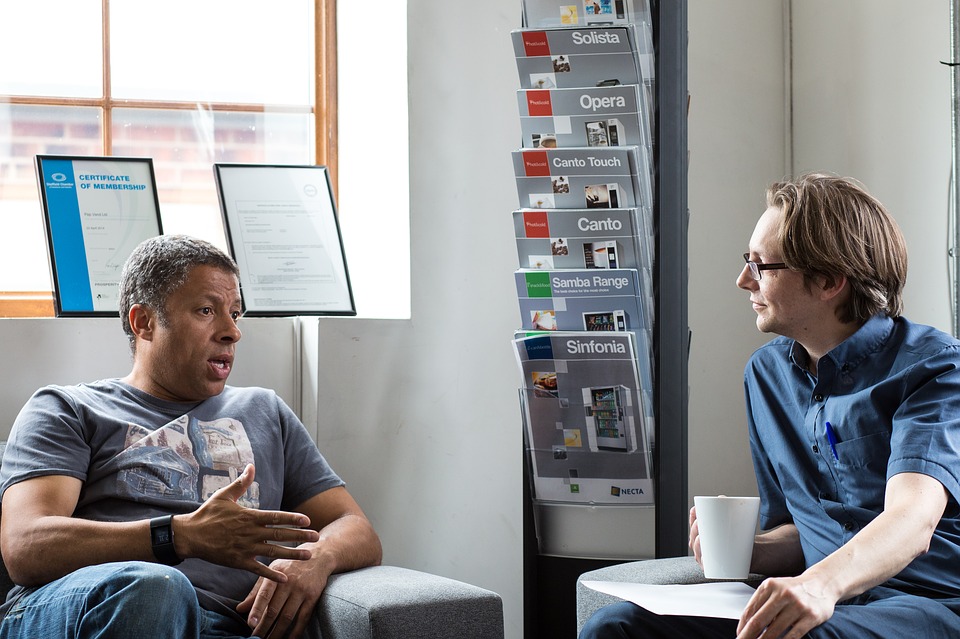Typically, there are healthy conflicts that occur in the majority of interactive and dynamic workplaces, especially those in which staff members debate and learn from the different perspectives of each other. However, there are other kinds of conflict among colleagues that can be destructive. If ignored, this could negatively affect morale, decrease productivity and could result in increased legal issues and costs for the organisation. Workplace mediation is an effective tool that can be used to safeguard against the negative impact of unresolved conflict in the workplace.
Workplace mediation is a completely confidential and voluntary form of dispute resolution use to solve problems among members of staff. It involves getting assistance from an impartial, independent individual that will facilitate the coming together of two or more persons or groups with the aim reach a mutually-acceptable solution to a dispute in the workplace.
The role of the mediator does not involve making judgments or determining outcomes. He or she asks questions that assist in uncovering underlying issues. The mediator also helps the parties with understanding the issues and assisting them with clarifying the options for resolving the dispute or difference.
One of the goals of this type of mediation is for the individuals involved to resolve the dispute themselves. This is done by the participants making informed decisions on which everyone can agree. The mediator will not require or impose a resolution on the participants.
Another objective of workplace mediation is to facilitate restoration and sustain employment relationship, whenever possible. This is an indication that the main focus is on working together in an effort to move forward, without the need to determine who was wrong or right in the past.
Issues That Can Be Mediated
Below are some of the specific issues that can be mediated:
• Employee complaints and grievances
• Interpersonal conflict
• In some cases, complaints regarding sexual harassment and bullying can be mediated. However, this must only be done after the situation has been thoroughly evaluated and a genuine agreement has been forged between the participants to take part in the mediation process.
A number of different types of dispute can be mediated provided that the individuals involved have the desire to find a way forward. This dispute-resolution tool can be used at any point in a disagreement; however, it is most effective before the differing positions become deeply rooted. Employers might want to consider writing a mediation period into the individual grievance procedure.
In the right circumstances, workplace mediation can be transformative and empowering. It can assist participants in moving forward with more constructive working relationships.






